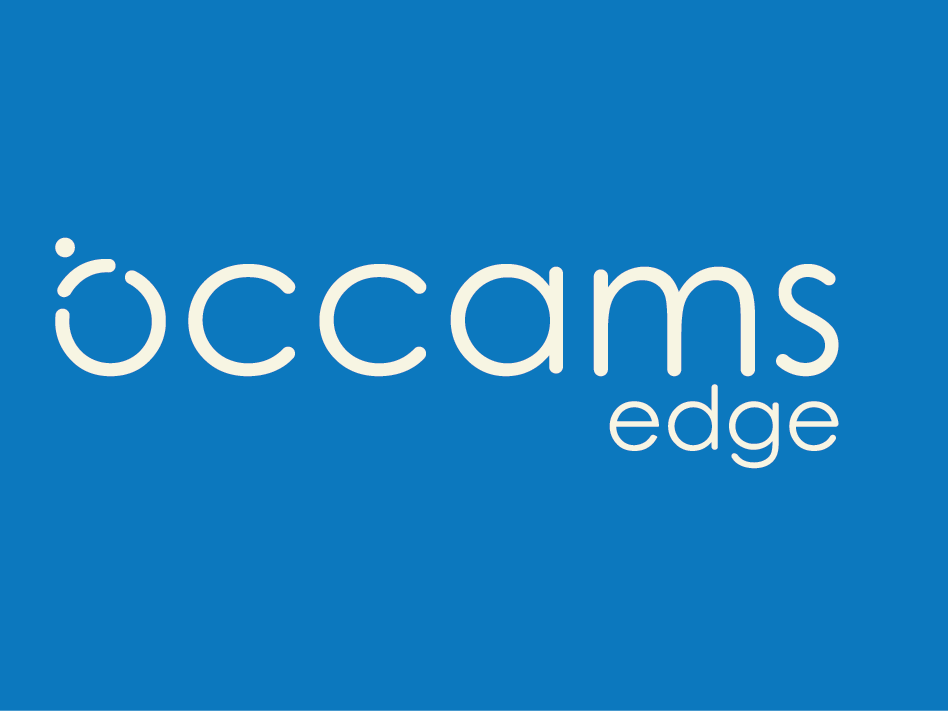Leaders who profess to having an open-door policy are often puzzled by the fact that very few team members tell them what’s really going on in the organization. They receive all the positive developments, even if they are a bit of a stretch, and none of the negatives. Even when asking specific questions that are intended to encourage participants to share risks and issues they are answered with a positive spin.
Another situation which we see frequently, and as advisors we experience this too, is when we ask for any comments or observations we are met with silence. Now, is that because no one has anything to say or because they don’t want to say it in our presence? If only the water cooler could share what it overhears.
Over the years we have had this conversation many times and the answer invariably rests on the leader’s behavior. To build an environment where people are free to share their ideas, opinions, and observations you have to make people feel safe.
Words and actions matter here. Saying you are open is not the same as acting open. If you meet disagreement with an explanation as to why the speaker is wrong, then you shut down future dialogue. If you interrogate and pepper managers with questions every time you meet to discuss an assignment or project, they’re not going to want to meet with you. If you’re more focused on your ego, being right, or not creating extra work for yourself you’re unlikely to develop an environment for safe dialogue.
“Emotional intelligence is not the opposite of intelligence; it is not the triumph of heart over head – it is the unique intersection of both.
– David Caruso
Emotional Intelligence (EQ) is the basis for creating a safe environment for people to grow, develop, and excel.
EQ is a Superpower.
Research suggests that EQ alone explains 58% of a leader’s job performance and that 90% percent of top performers are high in EQ. Limeade, an employee experience software company, in their 2019 whitepaper “The Science of Care” noted that when employees feel safe, they are 10 times more likely to recommend their company as a great place to work and 9 times more likely to stay at their company for three or more years.
When conducting an executive search experiences, education, and capabilities begin to look similar across an array of candidates. What differentiates a successful candidate is their EQ and their ability to understand and relate to others and use that to improve outcomes, relationships, and develop others.
So, if you have an open-door policy and feel that you are still not receiving the feedback you would like then begin by focusing inward. Check your EQ.
